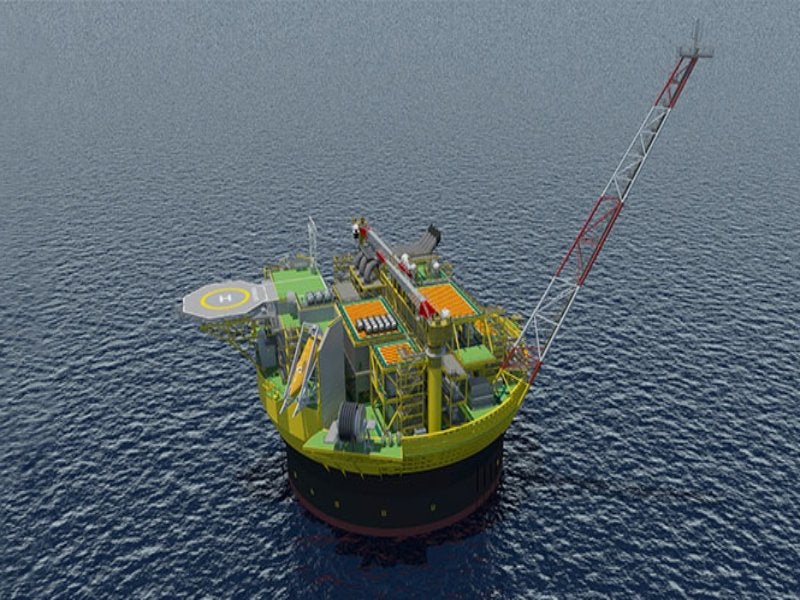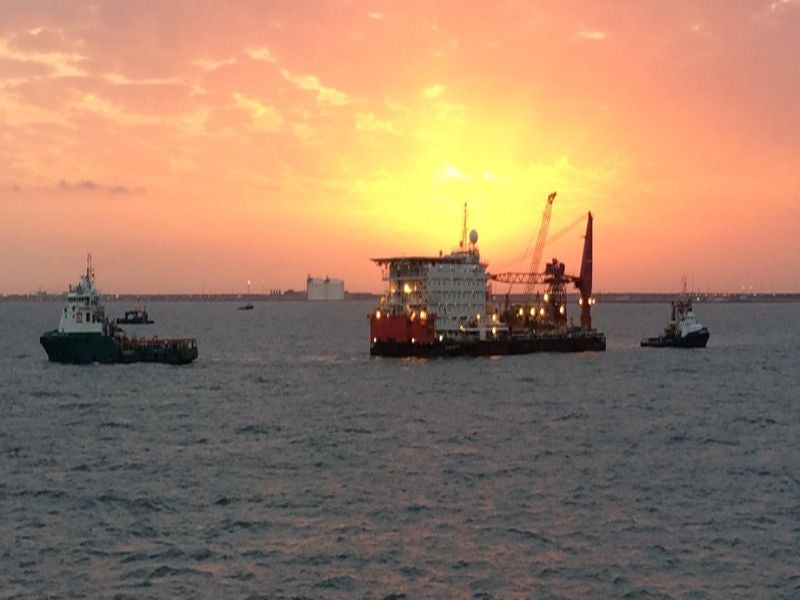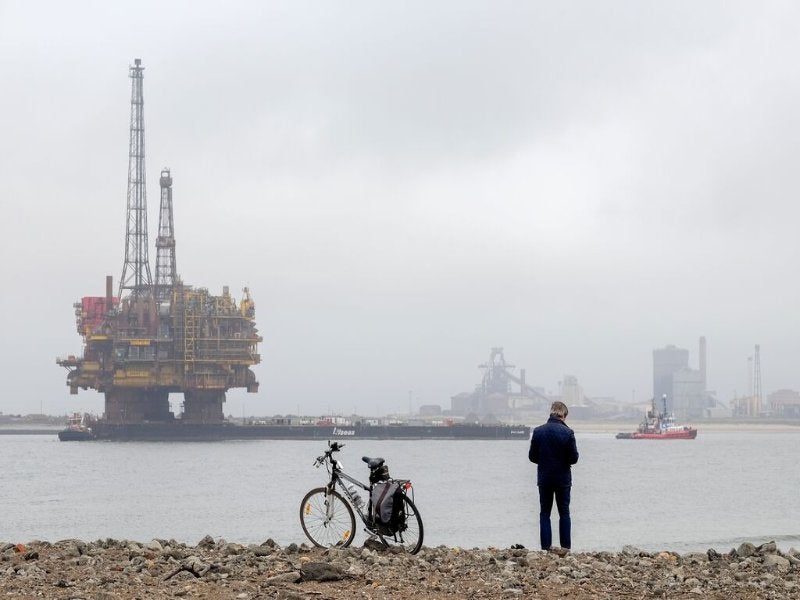Penguins is an offshore oil and gas project in the UK North Sea, planned to be redeveloped using a new floating, production, storage and offloading (FPSO) vessel.
Shell and ExxonMobil jointly own the project with equal stakeholding.
Shell announced a final investment decision (FID) on the redevelopment of Penguins field in January 2018.
The redevelopment project is expected to have an average peak production of 45,000 barrels of oil equivalent per day (boe/d).
Location and site details
Penguins field is located offshore around 150miles (240km) north-east of the Shetland Islands in Scotland.
The redevelopment location lies within a seaward licenced area approved for the exploration and extraction of hydrocarbons. It is adjacent to Norwegian/UK median line.
Water depth at the location ranges between 152m and 301m.
History
The Penguins oil and gas field was discovered in 1974 and it was developed in 2002.
The development of the field included four drill wells which were tied back to the Brent Charlie Platform located in the nearby Brent Field.
Shell began decommissioning of the Brent Field and Brent Charlie Platform in 2017 after 40 years of operation.
Under the Penguins redevelopment plan, the Brent Charlie platform will be replaced by the FPSO vessel.
Project details
Due to the lack of natural reservoir pressure and the absence of aquifer support, the overall recovery rate at the field is low. The reservoir compartmentalisation also cuts off some accumulations from the existing development wells, further reducing the rate of oil recovery.
The redevelopment plan is devised to address these issues.
The Penguins Oil and Gas Redevelopment Project will involve drilling of an additional eight wells which will be tied back to the Sevan 400 FPSO vessel. This will be Shell’s first new manned installation in the northern North Sea in almost 30 years.
Tankers will be used to transport oil from the FPSO to refineries, while the gas will be exported to St Fergus Gas Terminal in northeast Scotland via the Far North Liquids and Associated Gas System (FLAGS) pipeline.
FPSO vessel
The FPSO set to be deployed for the Penguins Redevelopment Project is similar to the one installed at the Western Isles development in the UK North Sea. The concept was selected over ship-based FPSOs due to viability and low-cost.
It is a cylinder type deep water FPSO with topside weighing 12,000tonnes and 70m hull weighing about 16,000tonnes. It will have 12 riser slots.
The construction of FPSO commenced in July 2018.
It will have a storage capacity of 400,000bbls and will be able to operate for 20 years without dry docking.
Contractors involved
In January 2016, Fluor secured the contract for engineering, procurement, and fabrication works of Penguins Oil and Gas Redevelopment Project FPSO vessel. The work, which will also include pre-commissioning works for the FPSO, will be conducted by Fluor’s Manila, Philippines office.
The FPSO is a Sevan hull design being constructed at China Offshore Oil Engineering’s (COOEC’s) Qingdao Yard in China. This was the first cylinder-type deepwater FPSO project undertaken by COOEC.
In 11 June 2018, Subsea 7 was awarded engineering, procurement, construction, and installation (EPCI) contract for the Penguins Redevelopment Project. The contract includes fabrication of two pipeline bundles containing pipe-in-pipe production flowlines, gas lift flowlines, and control systems.
The Subsea 7 contract also includes fabrication of 9km 16-inch gas export pipeline, dynamical umbilical riser system, flexible riser system, and associated sub-sea tie-ins.
In August 2018, DNV GL secured a service contract to provide verification and classification services for Penguins FPSO with the support of experts from the UK, China, Norway, and the Philippines. The company was involved in the initial stages of design approval and plate cutting of FPSO.
Costain Group provided a fast-track subsea concept selection Pre-FEED study for the project.
Sevan Marine was selected for providing the technology for the Penguins FPSO along with technical support during the design phase of the project.





